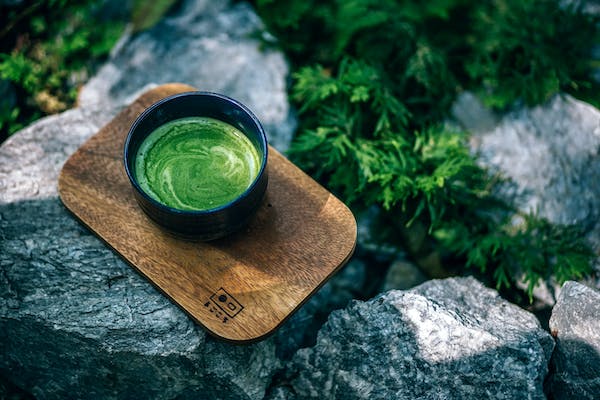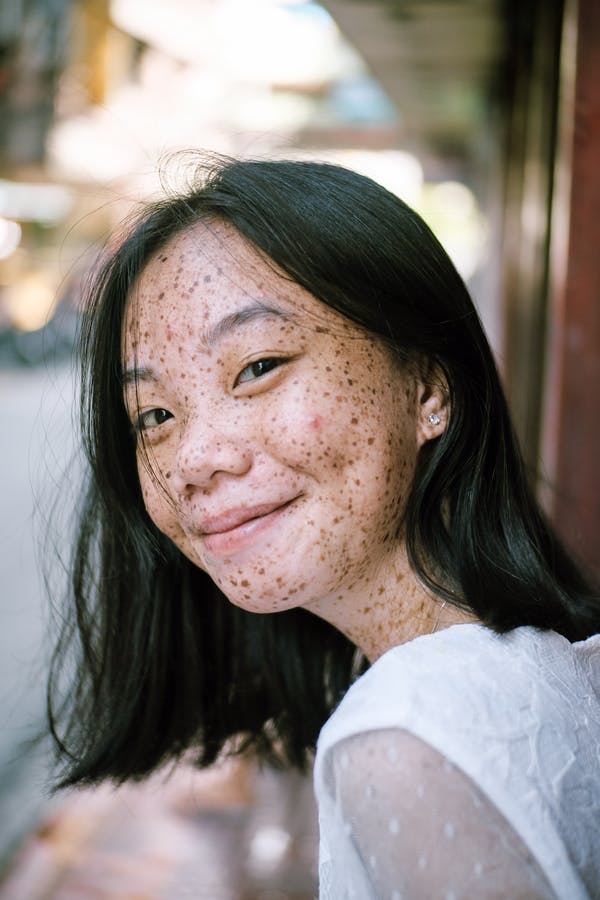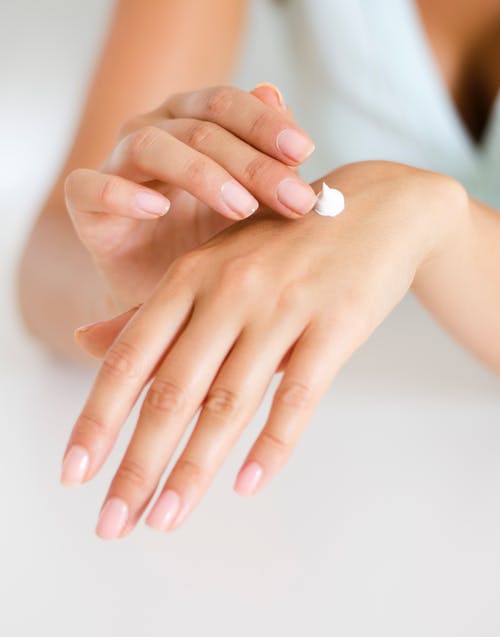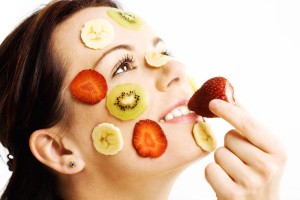Green tea has long been lauded for its nutritional benefits for centuries. However, in recent years, researchers have discovered many of the skin-boosting advantages that green tea has to offer. From reducing wrinkles and inflammation to helping protect against skin cancer, green tea is an ideal beverage for anyone looking to improve their skin health.
Green tea is full of antioxidants like epigallocatechin (EGCG), which helps boost skin health in a number of ways. The EGCG in green tea helps fight free radicals, which are molecules that can cause damage to your skin cells. When these free radicals are removed, skin looks healthier and wrinkles appear less noticeable. These compounds can also reduce inflammation and help protect against the damaging rays of the sun.

Studies have shown that regular consumption of green tea can encourage the production of collagen, which is a naturally occurring protein that gives skin its youthful, supple look. High levels of collagen help skin stay firm and looking smooth. As we age, our bodies produce less collagen, but drinking green tea can help keep collagen levels at a healthy level.
As an immunity booster, green tea helps fight off the bacteria that can cause skin infections. Strengthening the immune system can help prevent some types of skin diseases, like acne and psoriasis. Green tea also has anti-inflammatory properties, which can help reduce inflammation and redness associated with acne and other skin conditions.
Green tea is also packed with vitamins and minerals that can help keep skin healthy. Vitamins C, B, and E are especially beneficial for skin health. They can help fight free radicals, reduce inflammation, and keep skin looking firm and young. Minerals like zinc, copper, and selenium can also help promote healthy skin.
In addition to these skin-boosting benefits, green tea is also great for your overall health. It is known to improve mental clarity, boost moods, and even help reduce stress. Drinking green tea can also help boost metabolism, which can lead to weight loss and better overall health.
If you’re looking to improve your skin health, drinking green tea is a great way to do so. Not only is it packed with minerals and vitamins, but it also helps fight off infection and inflammation. Green tea can help keep skin looking young and supple, and it comes with a myriad of other health benefits. So drink up, and enjoy the skin-boosting benefits of green tea!








